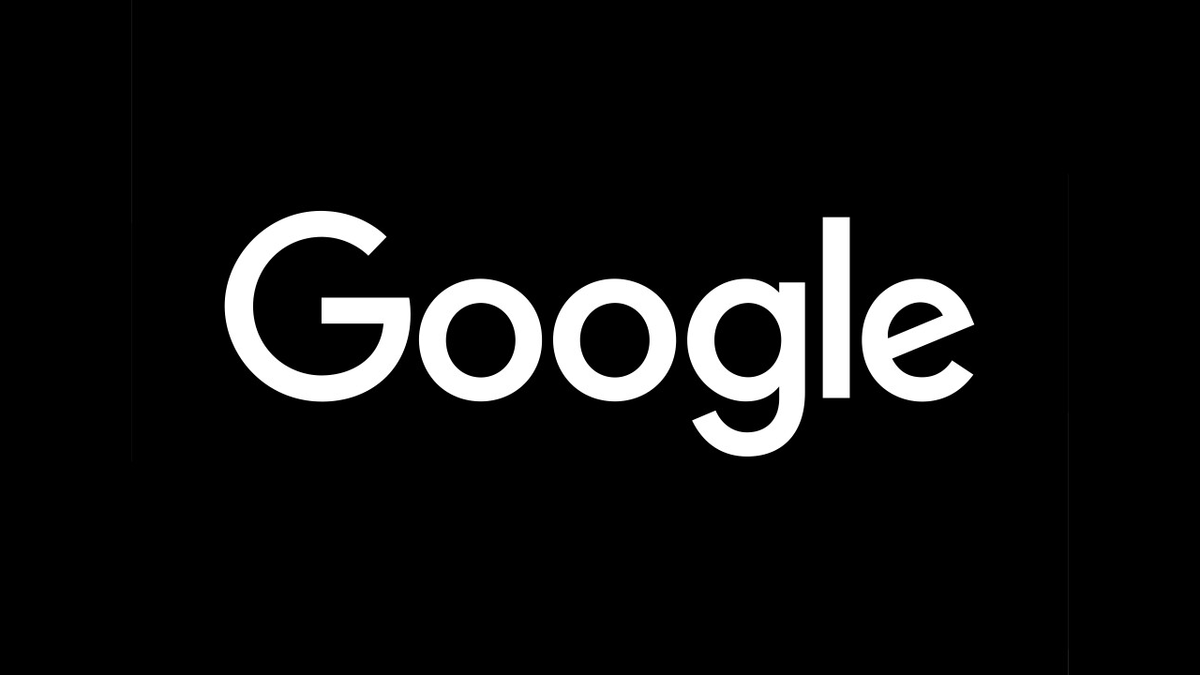Over the past week, Google has begun enforcing its EU User Consent Policy more strictly.
Since 21 July, websites that haven’t implemented Consent Mode v2 are no longer able to track conversions or build remarketing audiences for EU users.
Why? Because Consent Mode v2 is now required for consent signals to reach Google’s systems. It’s part of the company’s effort to meet stricter EU privacy laws, such as the Digital Markets Act.
The tool allows websites to pass users’ consent choices to Google, ensuring data is only collected when permitted. Without it, tracking signals are blocked, and advertisers lose visibility into key performance metrics.
Those still using older versions of Consent Mode may already be feeling the impact: missing conversion data, reduced targeting, and weaker optimisation.
This policy update was confirmed by a post shared by Google Ads specialist Adriaan Dekker. He states that non-compliant sites will lose access to personalised and non-personalised ads, remarketing, and conversion tracking.
Dekker described it plainly: “Google has pulled the plug.”
To check whether your site is sending the right signals, go to:
GA4 > Admin > Data Collection and Modification > Consent Settings
Advertisers are also advised to use a certified Consent Management Platform (CMP), such as Cookiebot by Usercentrics, to stay compliant.
The change means privacy compliance is no longer optional. For advertisers in the EU, missing consent data now comes at a clear performance cost.
